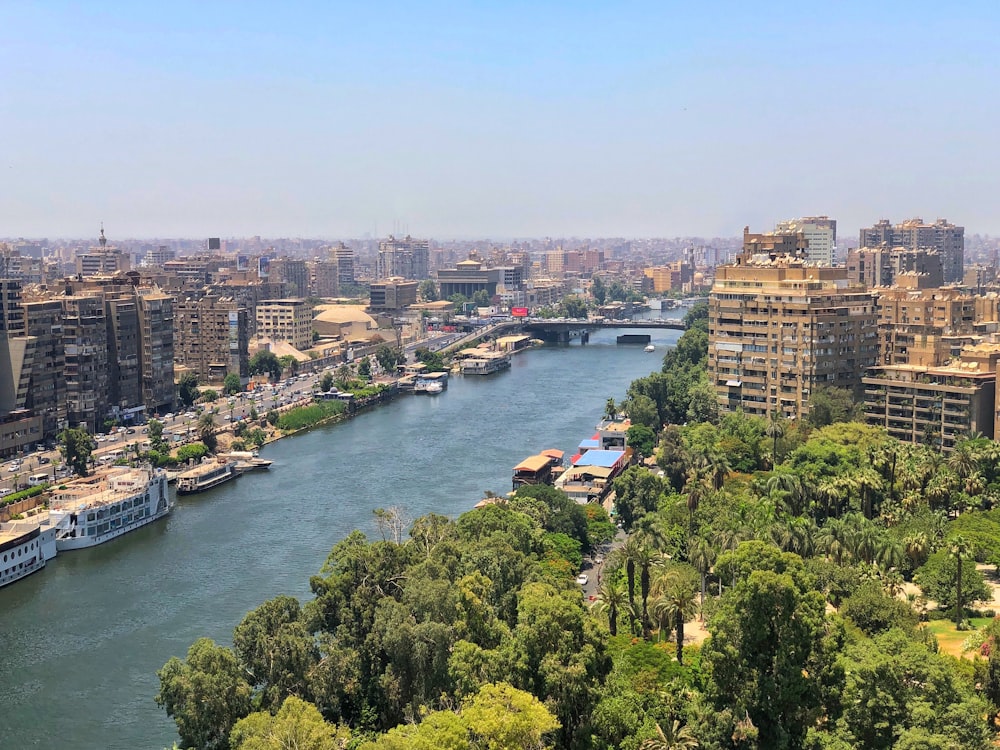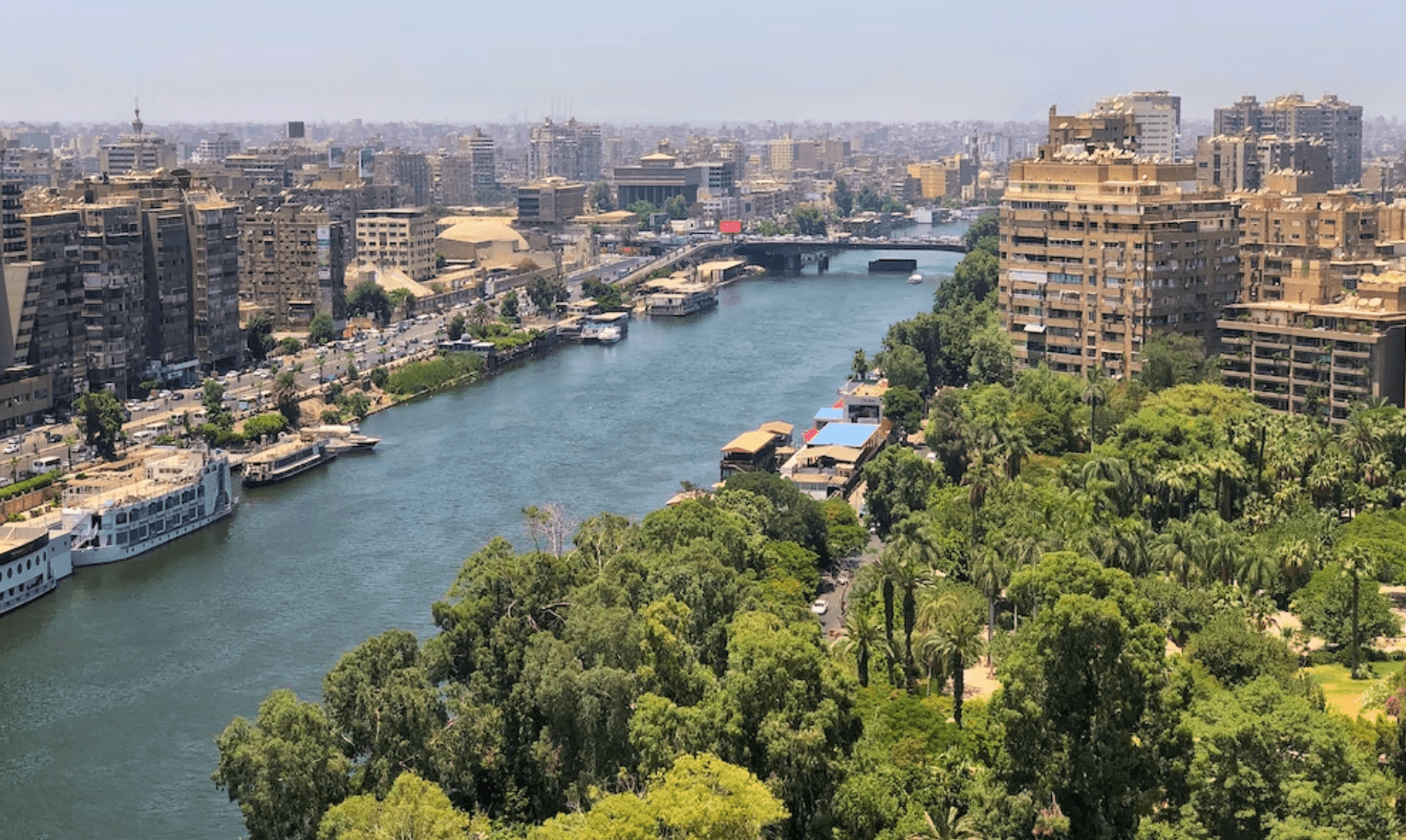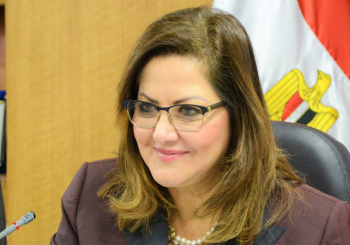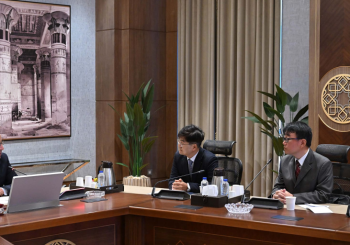
From the impassioned voice-cracks of Greta Thunberg, to the striking end-of-world narratives found in film and media, there is little doubt that climate change has graduated to the forefront of international affairs. For the uninitiated, who are now a dwindling minority, climate change refers to man-caused “long-term shifts in temperatures and weather patterns” which inevitably trigger natural disasters, droughts, scarcity, and fatalities by the fistful.
The United Nations (UN) has been aggressive in promoting concerted climate action over the past three decades, with annual council meetings taking place in prime locations across the globe. With the help of sanctions and international agreements, many countries have done a fair bit to mitigate the effects of climate change—still, there is much that needs doing.
The most recent of these interventions comes packaged as the UN Climate Change Conference 2022, more commonly referred to as COP27. To take place in Egypt’s own Sharm el-Sheikh between 6 November and 18 November, COP27 is another “opportunity to showcase unity” against this existential threat, argues President Abdel Fattah Al-Sisi. This conference marks the 30th anniversary of the United Nations Framework Convention on Climate Change (UNFCCC), and the 27th session of this conference.


COP: The Rundown
Initially meant to take place in November 2021, COP27 was shuffled into 2022 as a result of the COVID-19 pandemic. For many, it serves to build on previous successes, and should “pav[e] the way for future ambition to effectively tackle the global challenge of climate change.”
The World Leaders Summit, which will take place on 7 November and 8 November, will see the discussion of finances and key scientific reports. The COP27 governmental site claims that “finance is the cornerstone for implementing climate actions and scaling up ambition,” hence its place “at the heart of the UNFCCC process.” Though arguably more important are the scheduled insight sessions by the Intergovernmental Panel on Climate Change (IPCC), United Nations Environment Programme (UNEP), and other scientific institutions.
According to the Egyptian Presidential Vision, COP27 is a chance to make “significant progress on the crucial issue of climate finance,” by ensuring the adequacy and predictability of climate finance. Although finance seems to headline Egypt’s Vision and Mission, it comes alongside the mitigation of global warming, and a call on COP26’s Global Goal on Adaptation: a commitment associated with enhanced global action in the case of extreme weather events and crises.
While the full annual agenda has yet to be announced, it is worth understanding the core driving forces behind the UN Climate Change Conference (COP)—which includes bringing international parties together in order to further action the Paris Agreement and the UNFCCC. Similarly, it is worth revisiting Glasgow’s COP26 as a guideline for what to expect during this upcoming conference. Topics have, and can, range from the urgency of climate change, the financials associated with combating it, to the implementations and collaborations needed to proceed into a greener future.
While founded on the backbone of the Paris Agreement—which holds countries culpable for submitting updated, “increasingly ambitious” plans (Nationally Determined Contributions, NDCs) for reducing emissions every five years—previous COPs have been criticised for not “listening to science” and not moving quickly enough with preventive measures.
In the Negotiations Explainer released by COP26, the council admitted to such shortcomings; “negotiations have struggled even to welcome the publication of reports from the Intergovernmental Panel on Climate Change (IPCC) the world’s foremost authority on the science of climate change,” it writes.
As a solution, one which will undoubtedly find a place in COP27, the council inaugurated the Glasgow Climate Pact, which moved to “fully embed science into the decision-making process.”

Egypt’s Role in A Greener Future?
Sceptics have been vocal in their belief that “Egypt cares little about environmental protection and has made no progress in this domain,” though others argue that this is patently false. In all cases, however, this does not take away from the vitality of COP27 and the opportunity it presents to Egypt—as both a chance to produce game-changing narratives in the fight against climate change, and as an opportunity to delve deeper into the inner workings of local climate change culprits, such as Egypt’s gross degree of fuel emissions.
President Al-Sisi claims, in his welcome message, that he will “spare no effort to ensure that COP27 becomes the moment when the world moves from negotiation to implementation.”
While bold in its claim, Egypt has been active in its attempts to move into greener avenues over the past few years. In 2021, it produced 4,500 gigawatt-hours of solar energy, and more recently in 2022, Egypt announced its intention to transform Sharm el-Sheikh International Hospital into the first green medical facility in Egypt and Africa, and planned to decrease its annual consumption of plastic bags to 100 per capita by 2025.
In 2020, Egypt “chaired the Conference on Biological Diversity,” while acting as the co-chair of the African Group of Negotiations on the Climate Change Agreement and the international coalition on climate adaptation and resilience.
Ahead of the highly-anticipated conference, Egypt is also preparing on the ground to receive visitors and showcase its greener inclinations. Assistant Minister of Tourism and Antiquities, Khaled Sharif, has been active in raising the efficiencies and green profile of hospitality in Sharm el-Sheikh, including boosting internet services, inaugurating 17 new hotel facilities, and implementing the “latest developments in the fibre-optic cable connection” network in the Naama Bay area.
Moreover, the presidential cabinet has been active in meeting with world leaders ahead of COP27, in order to discuss potential topics and finer details.
That said: every COP comes with its fair share of grand promises, but it is good to meet such initiatives with optimism. Still, one will have to see what COP27 leaves on the table, and what offers it might make to the world at large.
Venue, guidelines, registration, and more can be found on the COP27 website.







Comments (9)
[…] UN Climate Change Conference 2022 (COP27) will take place in Egypt’s Sharm el-Sheikh between 6 November and 18 November. Bringing together all countries […]
[…] UN Climate Change Conference 2022 (COP27) will take place in Egypt’s Sharm el-Sheikh between 6 November and 18 November. Bringing together all […]